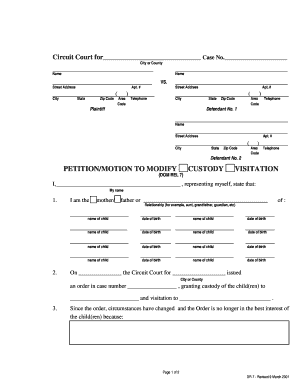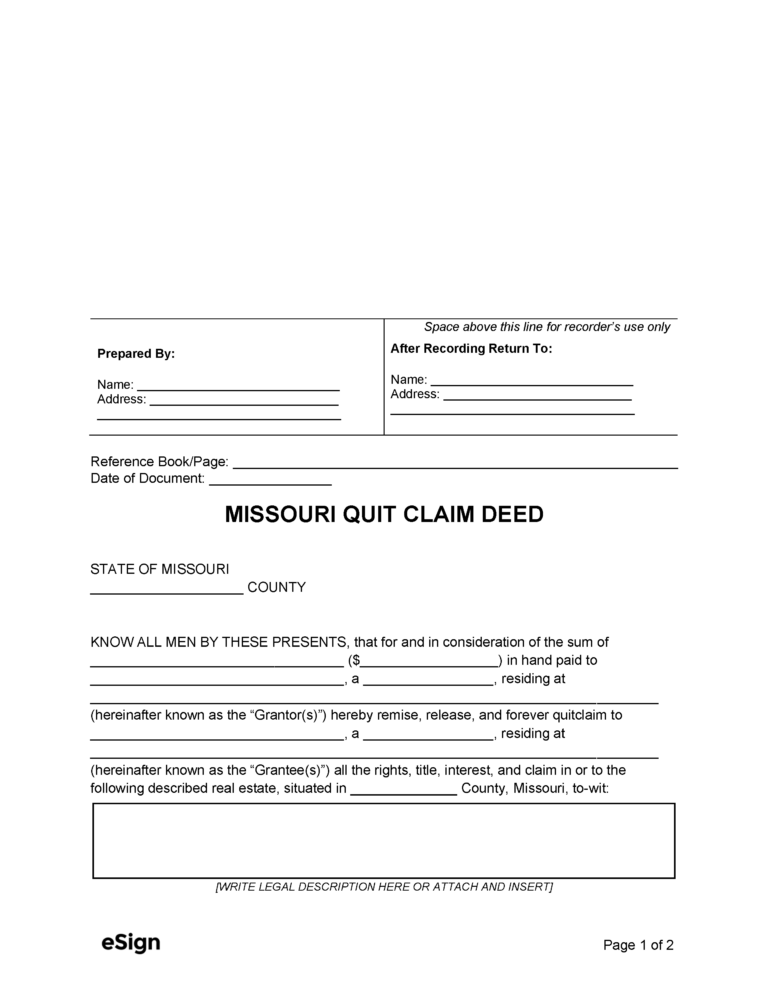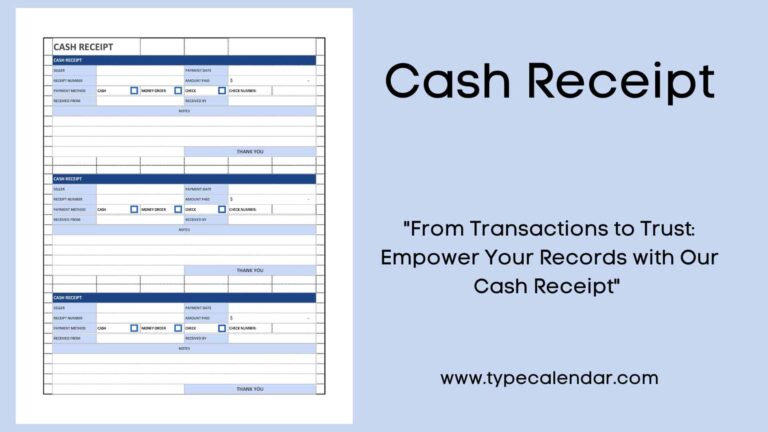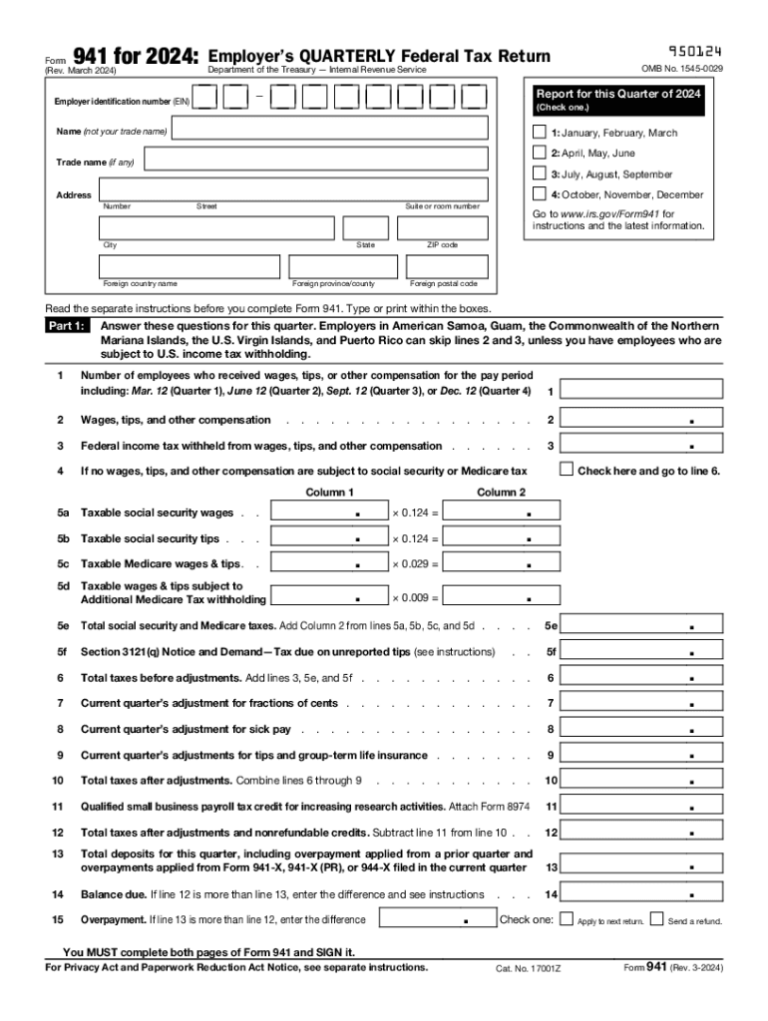Free Maryland Custody Forms Download: A Comprehensive Guide
Navigating the complexities of child custody arrangements can be daunting, especially when faced with the legal complexities involved. However, with the availability of free Maryland custody forms, individuals can take a proactive approach in understanding their rights and responsibilities, and ensuring the well-being of their children during challenging family situations.
This comprehensive guide provides an overview of the different types of legal custody forms available in Maryland, where to find free downloads, how to complete and file them, and the essential legal considerations that impact custody arrangements. Additionally, we have included a list of frequently asked questions and their concise answers to empower you with the knowledge you need.
Legal Custody Forms in Maryland
In Maryland, legal custody forms are essential documents that define the legal rights and responsibilities of parents and other individuals regarding the care and upbringing of a child. There are various types of legal custody forms available, each serving a specific purpose.
The following table provides an overview of the different legal custody forms in Maryland, along with their purpose and requirements:
Purpose and Requirements of Legal Custody Forms in Maryland
| Form | Purpose | Requirements |
|---|---|---|
| Child Custody Agreement | Artikels the legal arrangements for the care and upbringing of a child, including custody, visitation, and decision-making responsibilities. | Must be in writing and signed by both parents. |
| Consent to Travel | Grants permission for a child to travel outside of Maryland with a non-custodial parent or other individual. | Must be in writing and signed by the custodial parent. |
| Designation of Standby Guardian | Appoints a temporary guardian for a child in the event that the custodial parent is unable to care for the child. | Must be in writing and signed by the custodial parent. |
| Grandparent Visitation Petition | Allows grandparents to request visitation rights with their grandchildren. | Must be filed with the court and demonstrate that visitation is in the best interests of the child. |
| Modification of Custody Order | Requests a change to an existing custody order. | Must be filed with the court and demonstrate a substantial change in circumstances that warrants a modification. |
Completing and Filing Custody Forms
Completing and filing custody forms in Maryland can be a daunting task, but it is essential to ensure that the forms are accurate and complete. The information you provide on these forms will be used to make important decisions about the care and well-being of your child. Therefore, it is important to take your time and fill out the forms carefully.
The following checklist can help you ensure that you have included all of the necessary information on your custody forms:
Essential Information to Include on Custody Forms
- Your full name and contact information
- Your child’s full name and date of birth
- The other parent’s full name and contact information
- The date and time of the alleged incident(s)
- A detailed description of the alleged incident(s)
- Any witnesses to the alleged incident(s)
- Any evidence that you have to support your allegations
Once you have completed the forms, you will need to file them with the court. The court will then review your forms and make a decision about whether to grant your request for custody.
Legal Considerations for Custody Arrangements
Custody arrangements in Maryland are guided by several legal considerations that prioritize the well-being of the child. These factors include the child’s best interests, parental rights, and any history of domestic violence.
The “best interests of the child” is the primary consideration in custody decisions. Courts evaluate various factors to determine what is in the child’s best interests, including the child’s physical, emotional, and educational needs, as well as the stability and safety of the home environment.
Parental rights are also considered, but they are not absolute. If one parent is found to be unfit or poses a risk to the child, the court may limit or terminate their parental rights.
Domestic violence is a serious concern in custody cases. If there is evidence of domestic violence, the court may take steps to protect the child, such as granting sole custody to the non-abusive parent or issuing a protective order.
Common Legal Issues Related to Custody
Some common legal issues related to custody include:
– Determining the type of custody (sole, joint, or shared)
– Establishing a parenting plan
– Modifying a custody order
– Enforcing a custody order
– Dealing with parental alienation
Additional Resources for Custody Information

If you’re looking for more information or support related to child custody in Maryland, there are several resources available to you.
These resources include legal aid organizations, family law attorneys, and government agencies. They can provide you with information about your rights and options, and help you understand the legal process.
Legal Aid Organizations
- Maryland Legal Aid: 1-800-332-6343
- Legal Aid Bureau: 1-800-523-9085
- Maryland Volunteer Lawyers Service: 1-800-292-1918
Family Law Attorneys
If you need more personalized assistance, you can contact a family law attorney. Family law attorneys can provide you with legal advice, represent you in court, and help you negotiate a custody agreement.
You can find a list of family law attorneys in Maryland on the website of the Maryland State Bar Association.
Government Agencies
The Maryland Department of Human Services (DHS) can also provide you with information and support related to child custody.
DHS has a Child Custody Hotline that you can call to speak to a caseworker. The hotline is available Monday through Friday from 8:00 AM to 4:30 PM at 1-800-638-6494.
Questions and Answers
Can I represent myself in a custody case in Maryland?
While it is not advisable, you have the right to represent yourself in a custody case. However, the legal complexities involved make it highly recommended to seek legal counsel to protect your rights and the interests of your child.
What is the difference between legal and physical custody?
Legal custody refers to the decision-making authority regarding the child’s upbringing, including education, healthcare, and religious matters. Physical custody determines the child’s primary residence and the parent with whom the child resides.
How long does a custody order typically last?
Custody orders are generally permanent, unless there is a substantial change in circumstances that warrant a modification. This ensures stability and consistency for the child.





